‘Right location & right people are the key challenges in retail expansion today’
By N Jayalakshmi | April 12, 2023
PN Rao, the iconic 100-year old Bangalore brand that began by tailoring garments for the British ladies, has come a long way, embracing many changes along the way. Today, the brand is expanding presence in different cities, driven by a strong focus on in-store service and a loyal clientele. Ketan Pishe and Naveen Pishe, Partners at PN Rao, share the journey with Retail4Growth in this exclusive interaction.
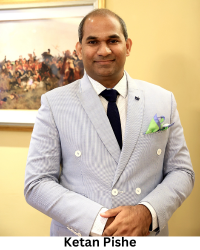
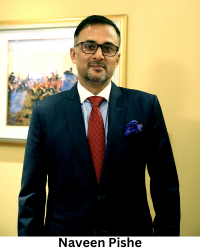 Brand PN Rao has completed 100 years and over the years, you have made some changes in terms of the product portfolio and the market segments you cater to, haven’t you? Has the brand’s retail front too evolved, keeping pace with these changes?
Brand PN Rao has completed 100 years and over the years, you have made some changes in terms of the product portfolio and the market segments you cater to, haven’t you? Has the brand’s retail front too evolved, keeping pace with these changes?
Absolutely. When we decided to change the look and feel of the store, we went at it in a detailed manner. For example, when we decided to streamline the product range, we knew the products had to be the hero in the store, and this meant the store interiors and visual merchandising too had to be aligned with that idea. Essentially, we realised we had to bring in a semblance of modernity to the stores, and it’s a continuous process of evolving. We recently came out with a new look for our MG Road (Bangalore) store exterior, wherein the whole idea was about conveying the brand legacy in a contemporary manner. Besides, we learnt in our journey that other elements like store lighting too had to be planned accordingly. For example, we understood that the store lighting had to be 4200 K to enable right visibility of the garments. The flooring and the ceiling are also kept simple, so they don’t take away attention from the product.
Each of your outlets is also designed to resonate with the surrounding local ethos, even though there is a common brand narrative running through them, isn’t it?
Yes. There are subtle and nuanced differences in the way the stores are designed in different cities such as Bangalore, Chennai and Hyderabad and also in different neighbourhoods in the same city. We like to blend in with the local culture and there may be slight differences in the merchandise, depending on the location, but overall the store design is the same across locations. The average store size ranges between 3000 and 5000 square feet, though 3000 is a sweet spot for us, and broadly all the stores have three sections - the ready-to-wear suit section, the fabric/tailoring section and the section for shirts, trousers and accessories, which are all very well demarcated.
Today, when there are many national and international brands competing in the same space, and given that consumers are not that brand loyal today, how do you ensure the brand USP stands out, especially in the store space?
The USP basically is the in-store experience and service that we provide. Besides the store layout itself, which supports easy navigation, there are also many aspects in the store which have been thoughtfully planned keeping the customer in mind, like the many fitting rooms with ante rooms for the customer to step out and show to their friends and family. The stores also have a history wall that engages the customers, taking them through the brand history and its various milestones with timelines.
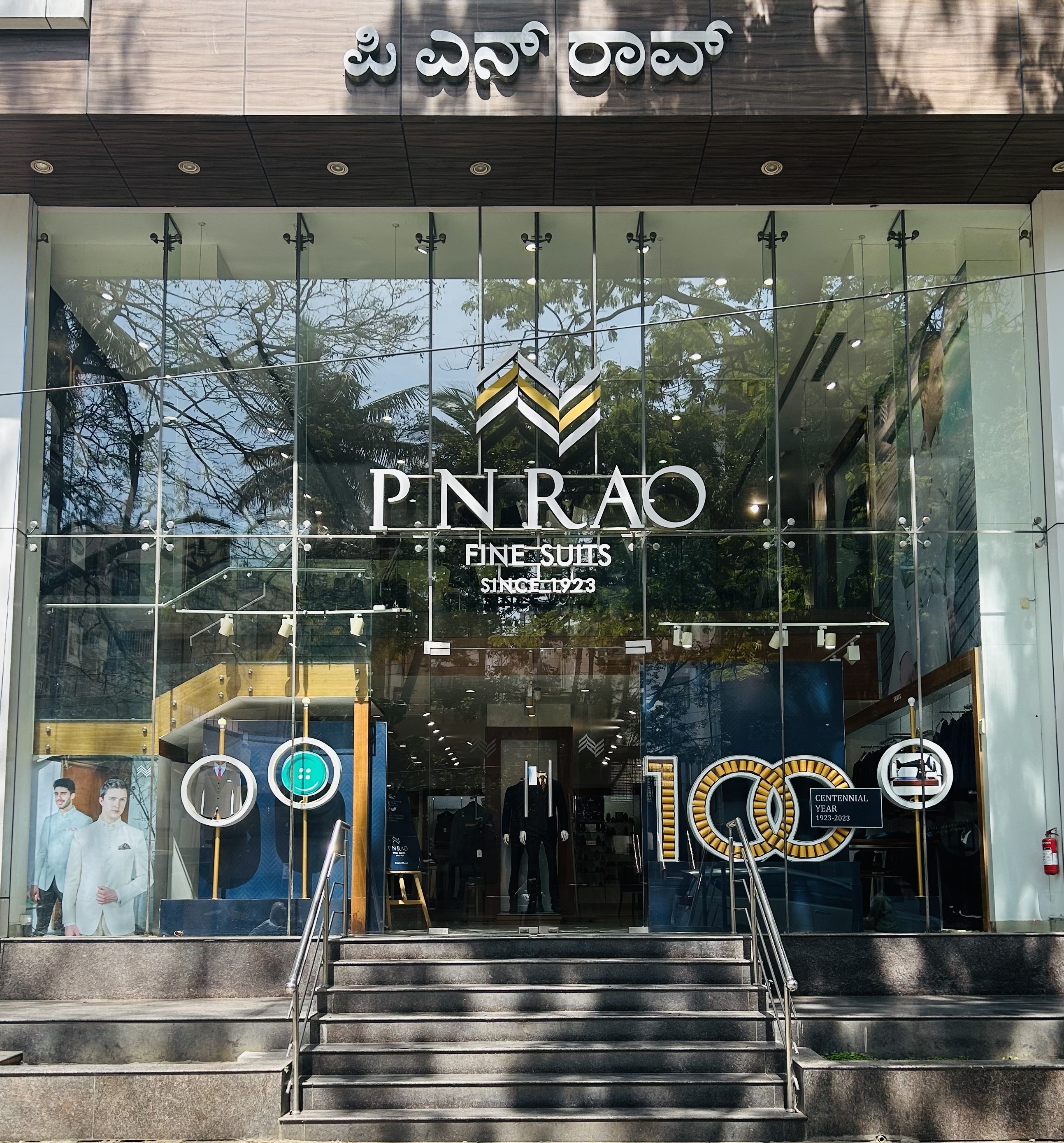 But beyond this, what we really focus on is the service we offer in store. We agree that brand loyalty to a certain extent doesn’t exist any more, but consumers are generally loyal to a service. So, when we keep that service alive,the customers are happy, and don’t feel the need to go anywhere else. So we give a lot of training to our store staff and that goes a long way in retaining a loyal clientele. We have specialists in the store who create different touchpoints in the store - specialists like the stylists, the consultant, the manager, the tailors, etc., who understand the customer requirements and accordingly offer them the required service or products. This is the reason our customers keep coming back to us - the share of our repeat business is almost 45%. Also, in the specialised type of retailing that we do, the business is sustained by the connect with have with our customers and it is a relationship that develops over a period of time.
But beyond this, what we really focus on is the service we offer in store. We agree that brand loyalty to a certain extent doesn’t exist any more, but consumers are generally loyal to a service. So, when we keep that service alive,the customers are happy, and don’t feel the need to go anywhere else. So we give a lot of training to our store staff and that goes a long way in retaining a loyal clientele. We have specialists in the store who create different touchpoints in the store - specialists like the stylists, the consultant, the manager, the tailors, etc., who understand the customer requirements and accordingly offer them the required service or products. This is the reason our customers keep coming back to us - the share of our repeat business is almost 45%. Also, in the specialised type of retailing that we do, the business is sustained by the connect with have with our customers and it is a relationship that develops over a period of time.
In terms of expansion, you have been looking at a pan South India presence, haven’t you?
Yes, we began in Bangalore and opened a store in Chennai in 2010; and that actually was a huge milestone. In the bespoke trade that we are in, there are very few in the country who have presence in more than one city; and it points to the faith and trust that our customers have in us. Achieving that is not easy. It also shows that this business is scalable.
Today retailers are under a lot of pressure, in terms of timelines, delivery and store roll-outs. If you had to list out your key current challenges, what would they be, especially in terms of retail expansion and store roll outs?
The first key challenge is finding a good place/location and the right property there. In Chennai, for example, it took us more than a year to find the right location for our stores. The second biggest challenge is finding the right people. We need trained people to open a store and we need to hire them in advance. So place and people are the biggest challenges we’d say.
Moving on, what are likely to be the key areas of retail investments for you?
We are definitely planning on more opening more stores, may be through the franchise model or through our own investments. So retail further expansion is definitely on the cards. Also, we will be looking at building presence in multi-branded outlets. Overall, we are looking at a growth rate of minimum 60-70%.
Get exclusive access to retail multiverse here.

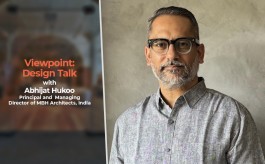
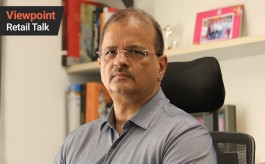
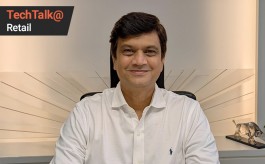
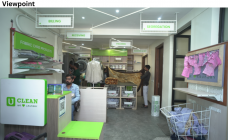
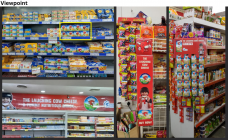
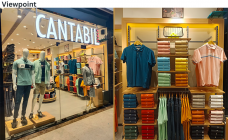


Comments